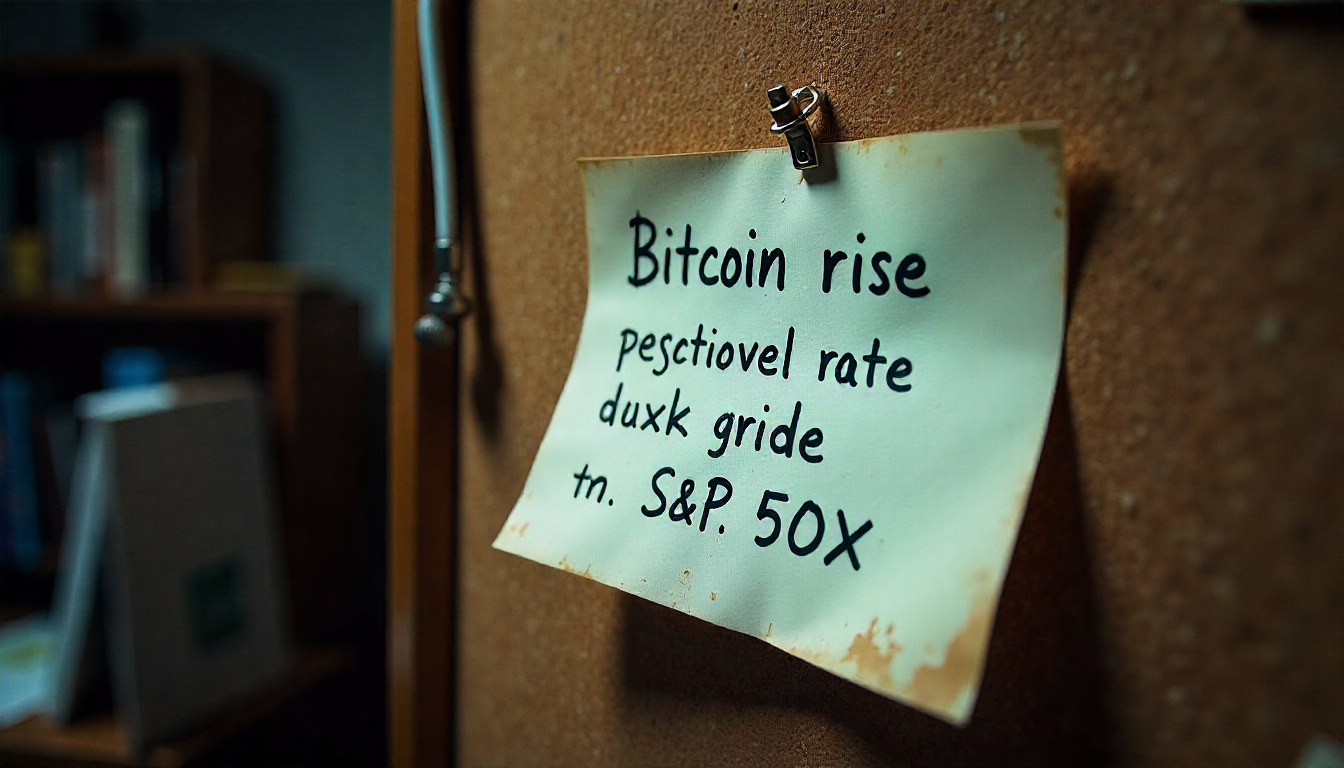Bitcoin Slips While Global Stocks Surge After Tariff Turmoil
Bitcoin bulls might need to take the long view as global equity markets rebound sharply from the recent tariff-driven selloff — while the top cryptocurrency heads in the opposite direction.
The long-discussed “decoupling” between crypto and traditional markets has returned, just not in the way many BTC enthusiasts had hoped.
Despite widespread fears of another “Black Monday,” U.S. equities are rallying hard on Tuesday. The Nasdaq is up 3%, and the S&P 500 is close behind, reversing some of the steep losses sparked by President Trump’s surprise tariff declarations last week.
Bitcoin, on the other hand, has reversed its earlier bounce above $80,000, sliding back to around $78,000, and flirting with weekend lows near $75,000.
Market sentiment got a lift from a series of positive headlines: Trump teased progress on a trade deal with South Korea via social media, while Treasury Secretary Scott Bessent struck an optimistic tone regarding U.S.-China negotiations.
The rebound isn’t just local — European markets are up roughly 3%, and Japan’s Nikkei surged 6%, highlighting the global nature of the equity rally.
So why is crypto lagging behind?
Context matters. Since Trump’s Wednesday tariff announcement, bitcoin is down around 9%, while the Nasdaq has dropped about 8%. The correlation may not be perfect, but the broader trend aligns.
Looking further back, bitcoin remains up 14% since last November’s election, despite falling nearly 30% from its January peak. In contrast, the Nasdaq is still down nearly 10% over that same stretch.
Zooming out, bitcoin may be under short-term pressure — but it’s still outperforming traditional markets over the longer horizon.












